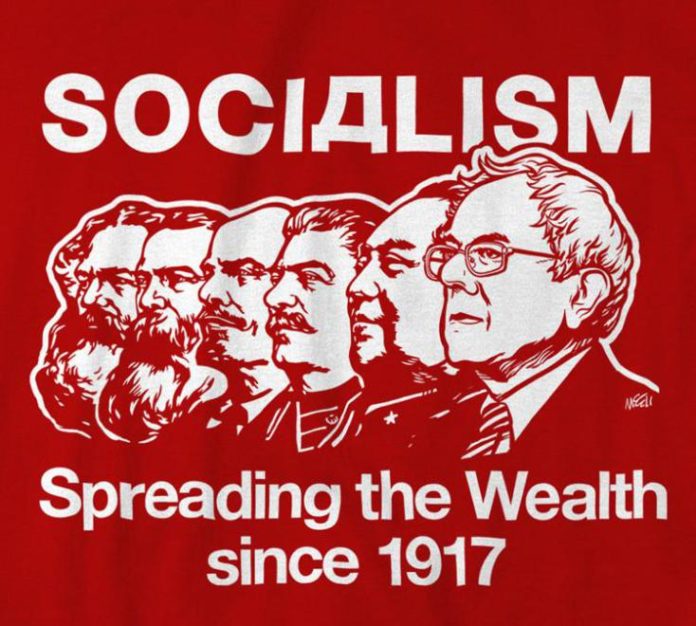Proponents of Socialism always couch their argument for their system in fairness and equality. They bemoan the fact that Capitalism naturally creates winners and losers, which somehow is bad. Let’s dig a little deeper.
Capitalism is racially, ethnically, sexually, age, height, weight, and everything else BLIND. Your success or failure has nothing to do with these factors, even if your marketing plan seeks to cater to those divisions. Capitalism is nothing more than a meritocracy, writ large. If you can produce a product or service, that the buying public wants, at the price the buying public wants to pay, and said price exceeds your total expenses to produce, you earn a PROFIT. Period. That profit doesn’t care a whit about any of your characteristics, it only cares about one color: money green. (With digital currency, we may lose that color, too.) Working smarter, harder, and investing time and effort long-term, tend to be rewarded in this system. Efficiency is rewarded, since your total cost to produce decreases, yielding more of that profit.
Socialism is a different animal. Government (democratically elected or otherwise) controls the items and amounts produced. This can be achieved via nationalizing an industry (government ownership), or via specific regulations (laws). This tends toward limited, or even singular, producers of specific goods. While Socialism distributes the proceeds equally, here’s where it hits hardest: Socialism removes natural incentives to excel, including working harder, more efficient, innovating, or even maintaining existing plant assets. Why? You will be paid the same, regardless of how much of anything you produce. Why work harder or smarter, with no compensation? Why maintain that tractor? The government will replace it when needed, no skin off of your nose. It also tends to KILL customer service: if there are no other providers, where are you going to go for an alternative (think DMV)?
But here is the mathematical certainty: if you devise a system that strives for equality of disbursement, it MUST do so at the lowest common denominator. That is, those that perform greatly will be compensated the same as those that perform poorly. Since you cannot elevate the performance (or compensation) of the non-productive, you must drag the formerly productive down to the level of the non. That is why, historically, Socialism (or any form of government that seeks to centrally control an economy) leads to a lower standard of living for the common person. The administrators (political and military—required to enforce the system) are the only folks that prosper. Political connections become currency, since everyone would prefer to be an administrator than a worker. Every new attempt at Socialism advertises a solution to these problems, but, so far, none have corrected or even improved upon them. The end result: the common man is equally poor, and the administrators are equally rich.
This should not be confused with a Capitalist system that
has a large social safety net, funded by high taxes. While that appears Socialistic in nature, it
is nothing more than resource redistribution.
The economy as a whole is not governmentally managed, other than tax the
producers, to fund the non-producers.
Society, via our elected officials, decide what level this will
occur. Note that NONE of it is strictly
US Constitutional. The arguments in this
style of economy are usually ‘how much of productive goes towards what of
nonproductive’. If the taxes on the
productive get too excessive, or if the nonproductive achieve a certain level
of funding, the system becomes a work dis-incentive, on both sides of the
equation. Separate topic.

























